You know that moment when someone asks “How are you?” and your brain just… buffers?
Not because you’re hiding anything, but because you genuinely have no clue. Something’s off, but is it stress, sadness, or the fact you had three-day-old takeout last night? Hard to say.
That’s the thing about feelings, they don’t always show up neatly labelled. Sometimes they’re obvious, like rage after a lip-out. Other times they’re vague, like trying to read a green in thick fog. You just know something’s off, but can’t tell if it’s drizzle or a full-on thunderstorm.
And honestly? That’s normal. Most people never get handed a feelings dictionary growing up. We just pick things up as we go, usually by cracking on and hoping the mood sorts itself out.
This guide’s for those days when your emotional GPS feels scrambled.
Quick takeaways
- Start tiny. Pick one thing that feels manageable, not all five.
- Trust your body. Sometimes feeling off just means you need fuel, movement, or rest.
- Use familiar wins. Do something you're already good at to remind yourself you're capable.
- Golf can help. Cleaning clubs or visualising your favourite hole can be surprisingly grounding.
- It's not about fixing everything. Just moving slightly in the direction of feeling like yourself.
- Know when to get help. If you're consistently feeling off, talk to someone.
1. Do something you’re good at
It doesn’t have to be anything impressive. Just something that makes you go, “Ah yes, this. I can do this.”
Maybe it’s chipping from 60 yards with your eyes closed. Maybe it’s buttering toast like a pro. Or solving today’s Wordle in two and smugly pretending you’re not that bothered.
When things feel wobbly, doing something you’re good at gives your brain a quiet nudge: you’re capable.
There’s even a name for it: “self-efficacy.” It’s the science-y way of saying that small wins can help restore a sense of control and confidence.
Today’s mission:
- Pick something you’ve done a hundred times before. Muscle memory is your friend.
- Keep it small. Keep it familiar.
- Let yourself feel that tiny internal “yep” when it’s done.
Micro-win unlocked. On to the next.
{{divider-main="/content-templates"}}
2. Get moving
Your body likes motion. Your brain does too, weirdly. Something to do with blood flow, oxygen, and the occasional hit of feel-good chemistry.
And the great news is that you don’t need Lycra. Or a gym. Or even leaving your postcode.
Maybe it’s stretching like you’re about to rip a drive down the first. Maybe it’s a wander round the block, or climbing the stairs with purpose. Or (if time and daylight allow) a little wander to the putting green or driving range.
Today’s mission:
- Choose one small way to move. Anything from a stretch to a stroll.
- Keep it light, short, and pressure-free.
- If grass or sunshine is involved, consider it bonus points.
{{divider-main="/content-templates"}}
3. Sip something. Snack on something
Sometimes your brain just needs a bit of fuel to rejoin the party.
When energy dips and everything feels a bit scrambled, food and water are often the first things to slip off the radar. But they’re also the quickest way to give your body and brain a boost.
A bite of protein. A piece of fruit. A bit of bread with something on it. Even a cereal bar you found at the bottom of your golf bag. It all counts.
Same goes for a glass of water, juice, tea. Something simple and gentle. Something that gives your brain half a chance to catch up.
Today’s mission:
- Drink a glass of water.
- Eat something with protein: nuts, cheese, an apple with peanut butter. Avoid the sugar-rush-crash cycle of biscuits and energy drinks.
{{divider-main="/content-templates"}}
4. Clean your clubs
There's something weirdly meditative about cleaning your clubs. It's repetitive, purposeful, and familiar. Your hands know what to do. You can see the results immediately.
When you're finished, something in your world is clean, organised, and ready for action.
It's also a form of self-care disguised as maintenance. You're looking after something that matters to you, which is a gentle way of looking after yourself without having to admit that's what you're doing.
Plus, your clubs will be ready for your next round, which is future you doing present you a favour.
Today’s mission:
- Get your clubs, a bucket of warm soapy water, and a towel.
- Clean them one by one - grooves, shafts, grips.
- Take your time. Let your mind wander or focus completely on the task.
- When you're done, put them back in your bag properly. Admire your work for a moment.
{{divider-main="/content-templates"}}
5. Visualise your favourite hole in full detail
Sometimes your brain wants quiet. Something steady. Familiar. With a flag at the end.
Close your eyes and picture a hole you love playing. Start from the tee box - what does it look like? What can you smell? The grass, the morning air, that faint whiff of someone's bacon sandwich from the clubhouse that's making you slightly jealous? Maybe there’s that one tree you always aim too close to, or that bunker you've become personally acquainted with more times than you care to admit.
Visualise your perfect shot: the swing, the ball flight, where it lands. Walk through the hole in your mind - every step, every detail.
Today's mission:
- Pick a hole that makes you feel good, proud, or just calm.
- Make it vivid. Engage all your senses.
- Let your brain spend a few minutes somewhere it already knows the way.
{{divider-main="/content-templates"}}
Why These Work
These things aren’t here to fix everything. That’s not the point.
What they will do is give you a small sense of control, accomplishment, and care when everything else feels chaotic. Think of them as mental WD-40. Not a cure, but something to help you loosen the bolts.
The key is picking one or two that feel doable right now. Just something small that moves you in the direction of feeling slightly more like yourself.
{{divider-main="/content-templates"}}
If Nothing Helps
Some days, even the small things feel too big. That's okay too.
If you've tried these and you're still feeling off, that might be your body and brain telling you something important. Maybe you need rest. Maybe you need to talk to a friend or family member. Maybe you need professional support.
Feeling off occasionally is normal.
Everyone has days when things just don't click. But if you're feeling consistently off, especially for more than a couple of weeks, that might be worth exploring with someone who can help you figure out what's going on.
Signs it might be worth talking to someone:
- You've been feeling off most days for two weeks or more
- Nothing that usually helps is making a difference
- You're having trouble sleeping, eating, or concentrating
- You're having thoughts about hurting yourself
- People who know you well have mentioned you seem different
Where to get help:
Visit our GET HELP page to learn more about where you can get support right now.
{{divider-main="/content-templates"}}
What to Do Next
If these helped and you want more strategies:
🔗 The Golfer's Guide to Self Care
If you think you're struggling more than just feeling "off":
If you have concerns about your mental health or well-being, please speak to a qualified health or mental health professional.
%20(13).avif)


.jpg)


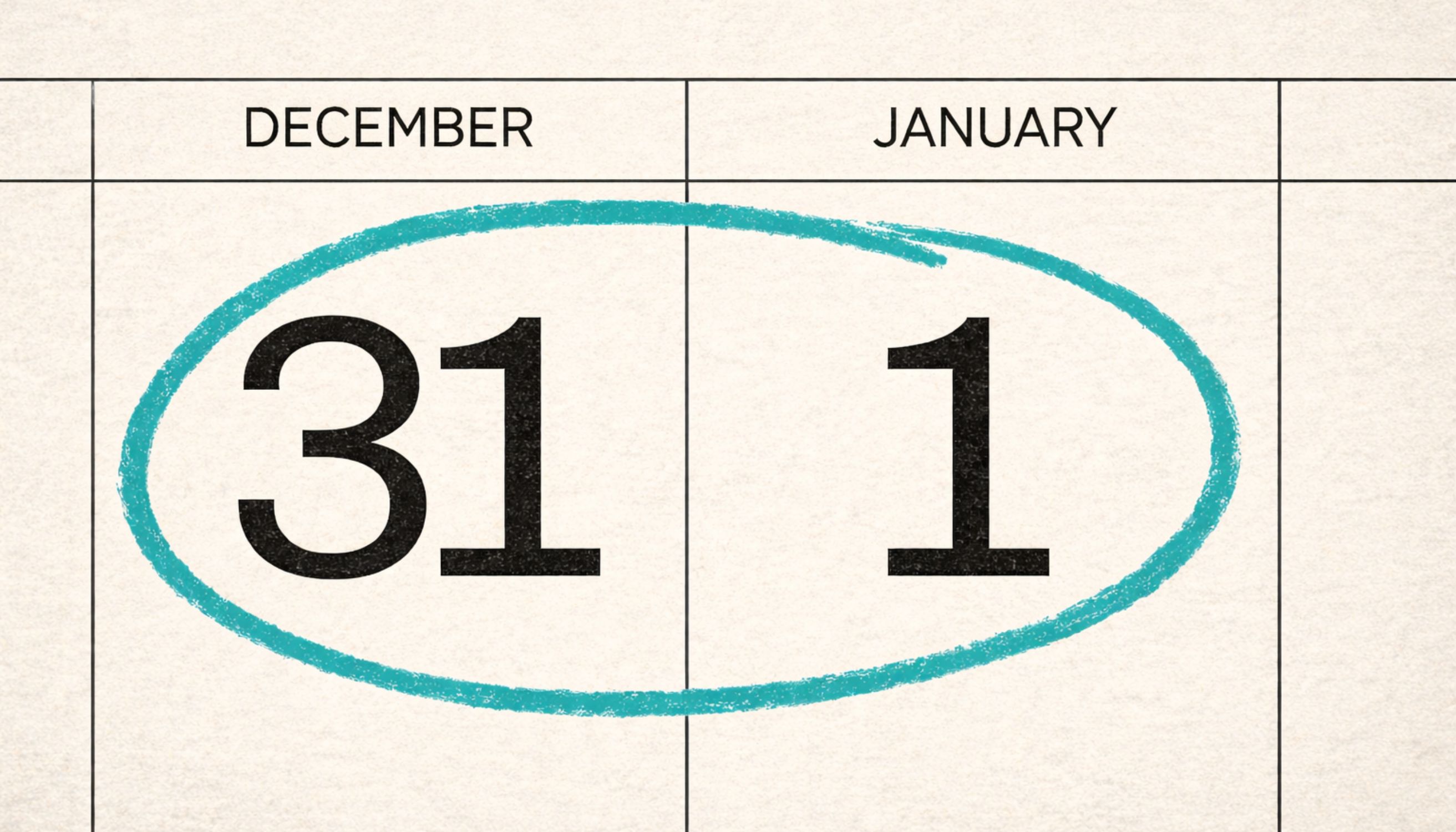

.jpg)

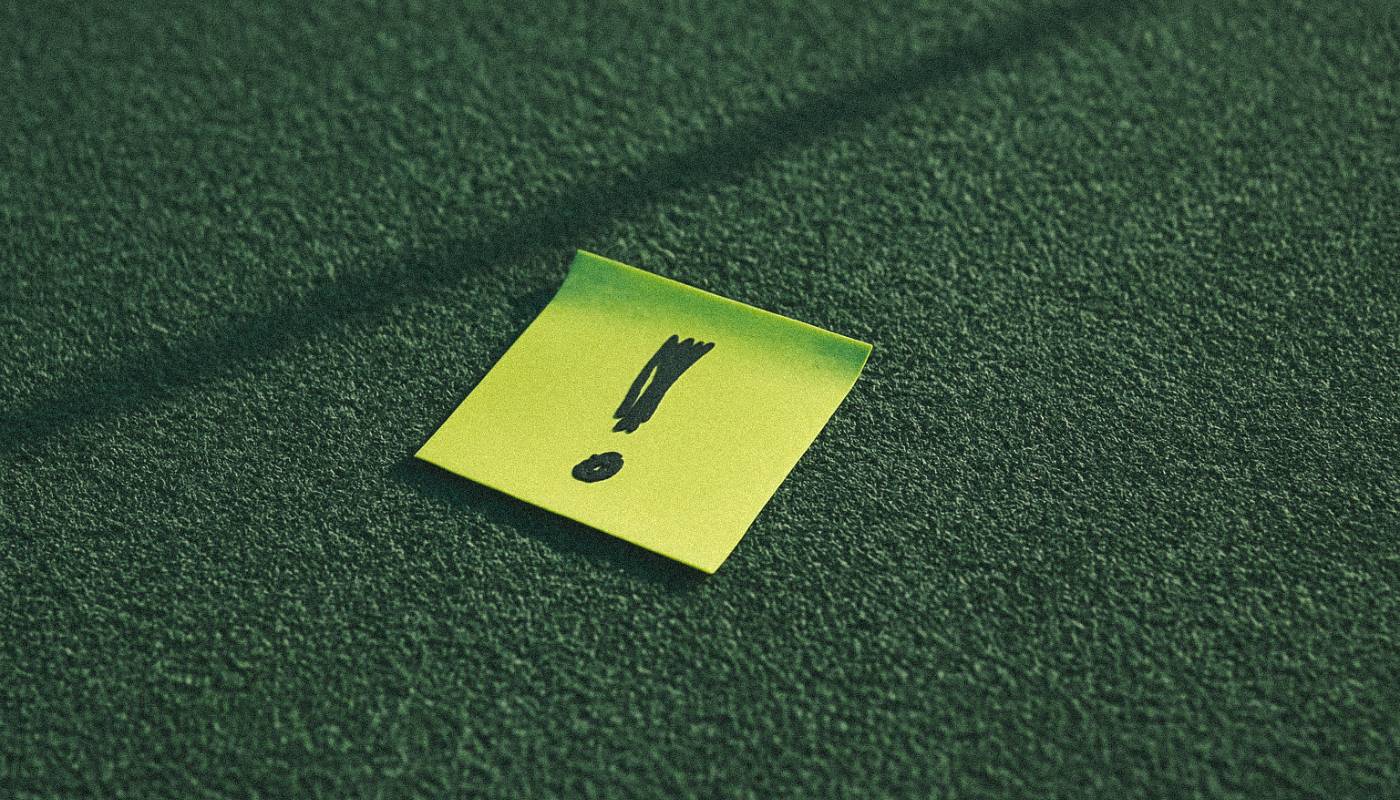



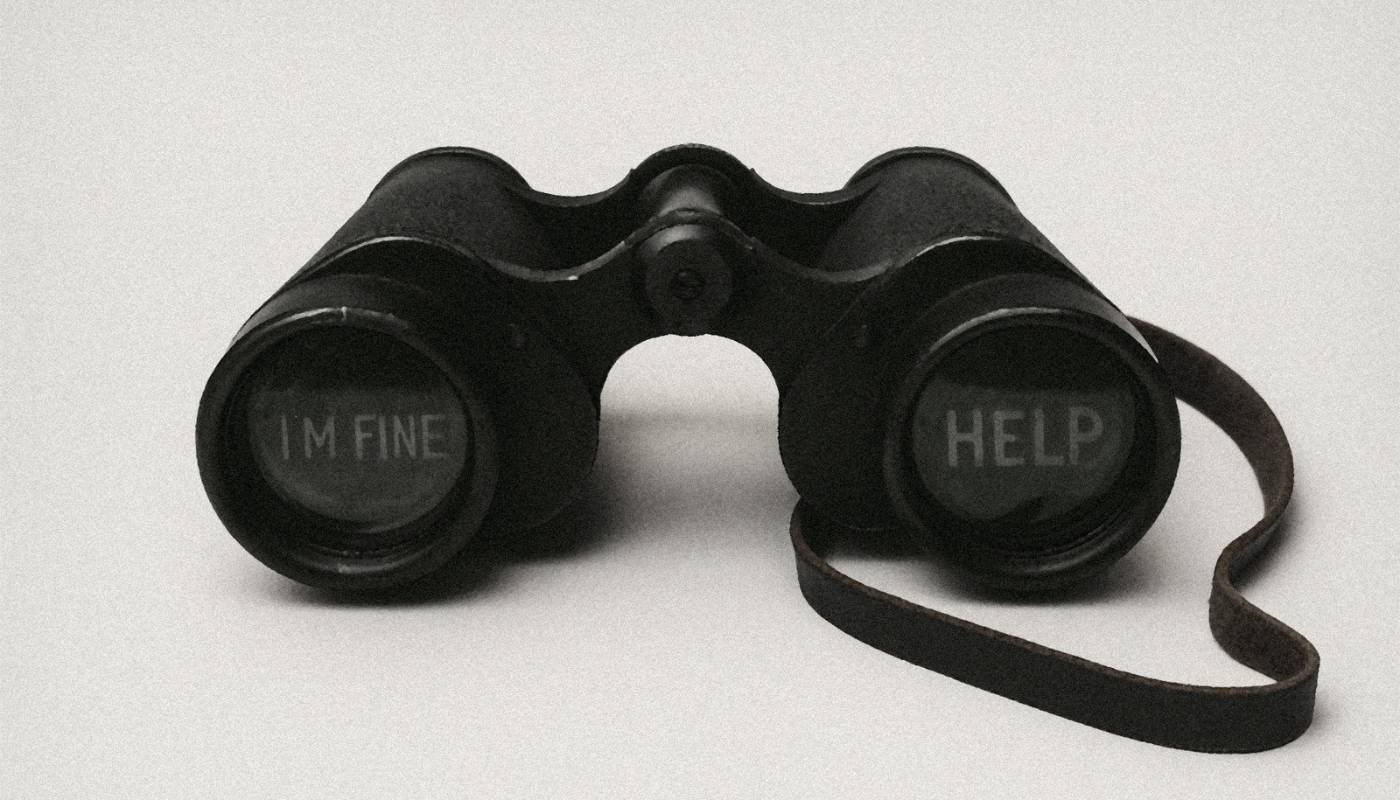
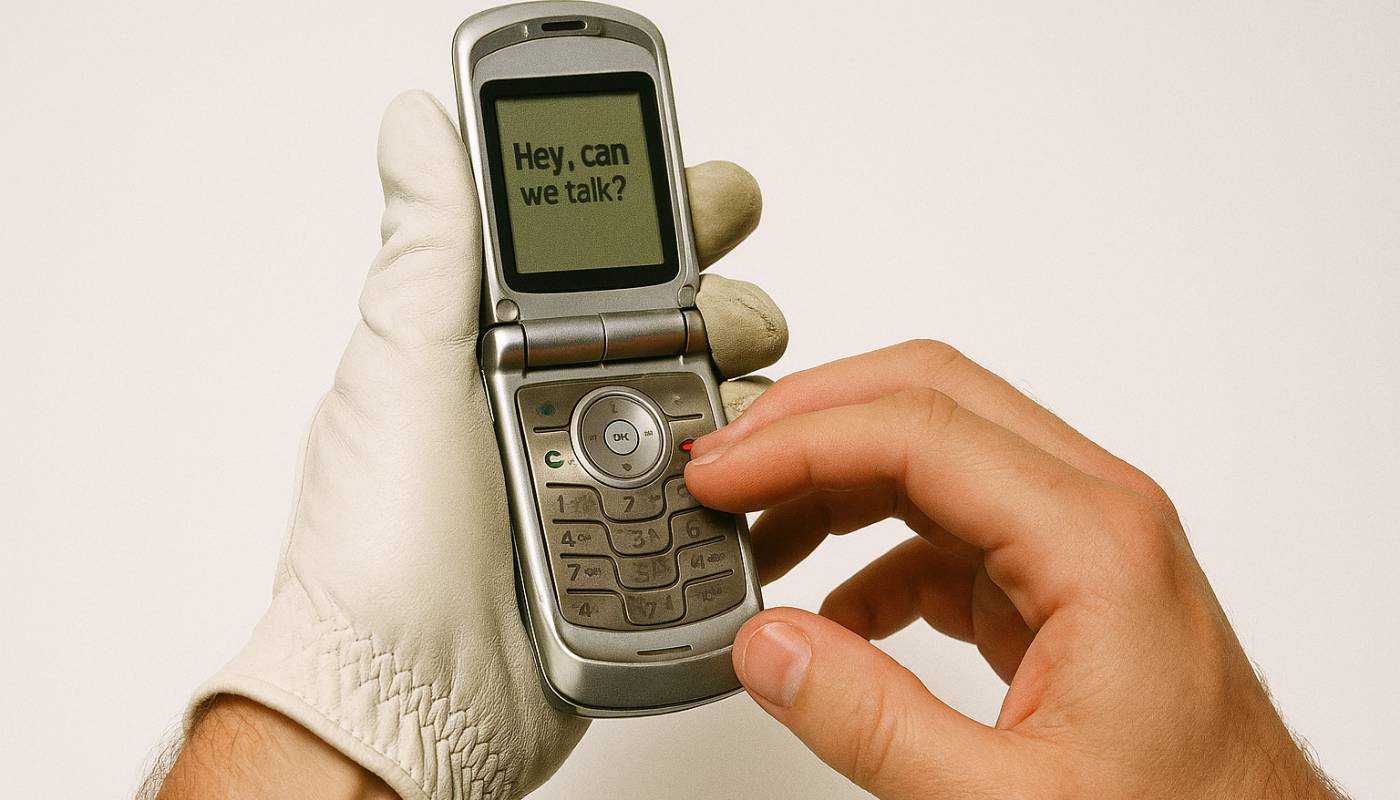
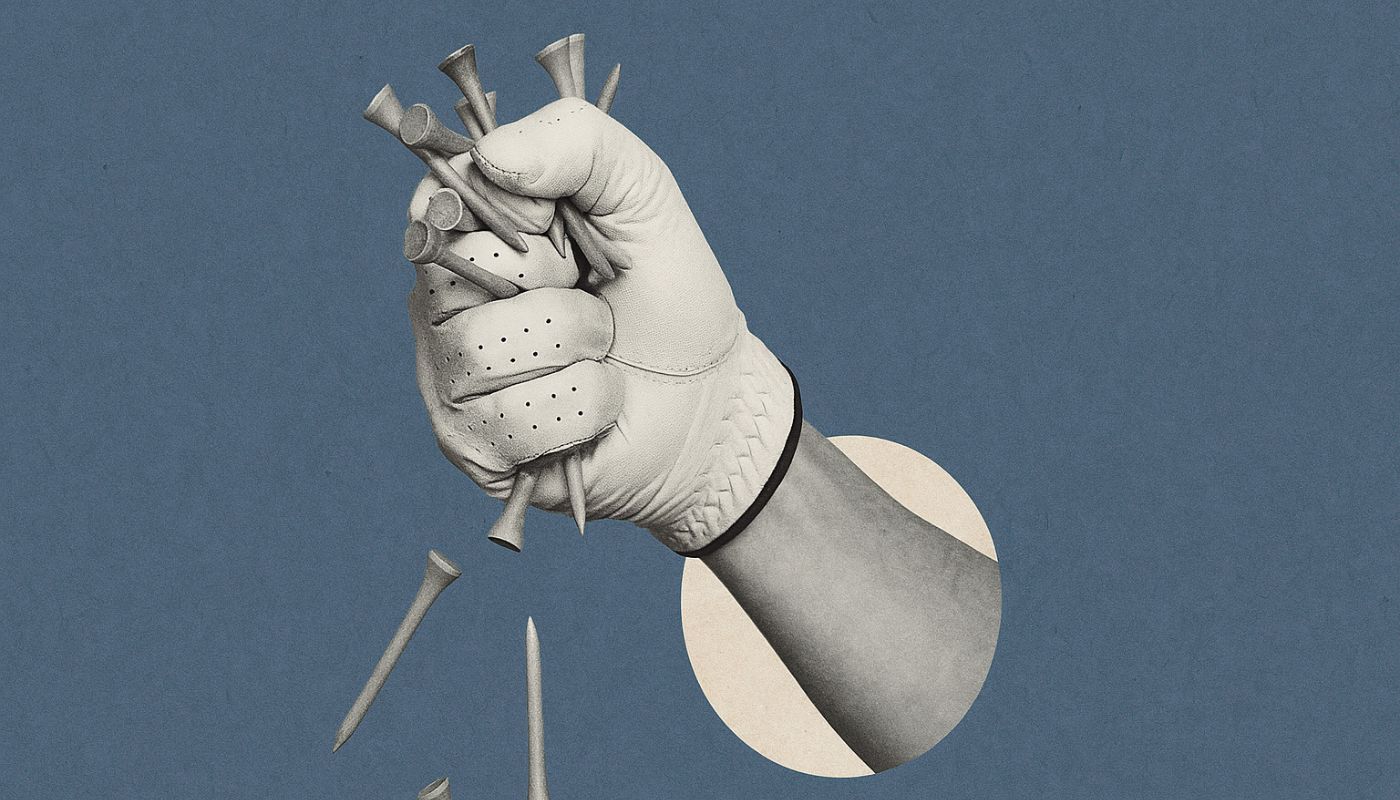
.avif)